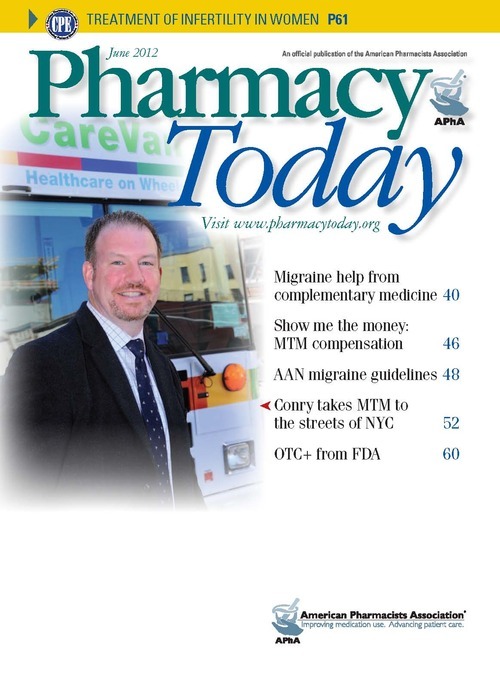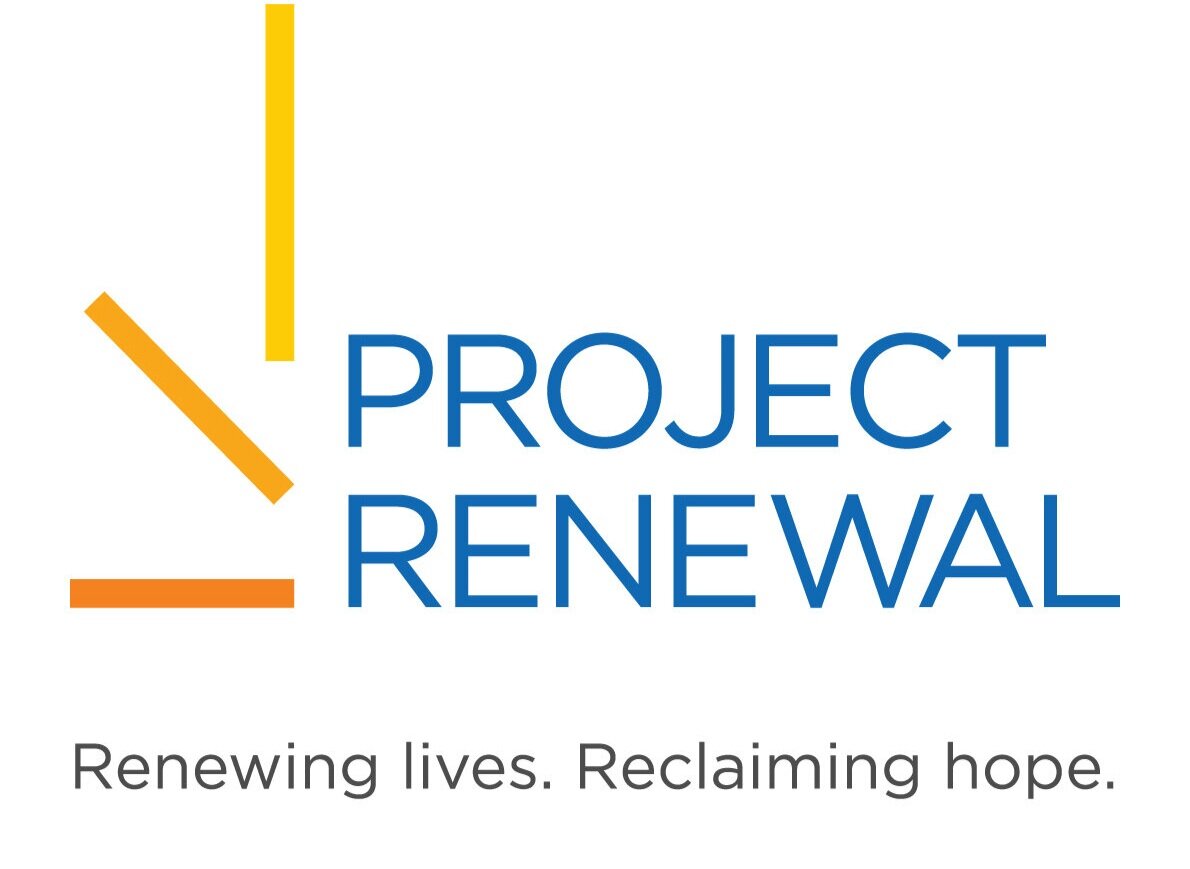News: Project Renewal's Medical Vans Front Page in Pharmacy Today
/
The front page of the June issue of Pharmacy Today features Project Renewal’s medical vans in glowing terms. Check out this excerpt of the interview with van Pharmacist John Conry, PharmD, BCPS, AAHIVP:
“The urban homeless population faces numerous obstacles that hinder its ability to effectively receive the appropriate health care, even in the safety net,” Conry says. These obstacles can include the lack of financial resources, lack of stable housing, social isolation stemming from prior physical or sexual abuse, social stigma, literacy and health literacy issues, and language barriers. Even the forms to get Medicaid are tough.
Imagine being on the streets and really being challenged by these issues in the application process. It really becomes unbearable for many of the patients, so they just give up.
Second, the lack of housing leads to a variety of medication issues such as proper medication storage, rules on medication carrying and storage at homeless shelters or other structured living environments, proper medication administration, proper medication monitoring, and adherence issues.
Lack of stable housing is recognized as a risk factor for medication nonadherence. So we have to be really careful in terms of educating our patients on the importance of taking their medications exactly as prescribed, using language that they can understand.
Conry added that his patients who are homeless are very interested in their medications, contrary to what many people believe about this population. His patients “sincerely appreciate the counseling sessions and disease state education.”
I hear from my students every single month. … They’ll say, wow, these patients really listen to me. They’re talking to me. They’re engaged. They’re not just there to grab their medicine and go home.
…
When I say the health care system has forgotten the uninsured and homeless, I’m particularly concerned with the general lack of ready access to primary and preventive care medicine and services. By no means do I intend to blame these problems on the already overwhelmed hospitals and the dedicated professionals who work there. But I do question the logic of a health care system that lets some of its most vulnerable patients proceed without proper care and follow-up.
John Conry, PharmD, BCPS, AAHIVP is an Associate Clinical Professor and the Assistant Dean for Service Programs at St. John’s University College of Pharmacy and Health Sciences in Queens, NY, Conry splits his time between teaching, administrative responsibilities, and university committees; and practicing on the Project Renewal medical vans and at an HIV clinic within the shelters, often with student pharmacists on rotation. His work with Project Renewal is fully funded by St. John’s University.



